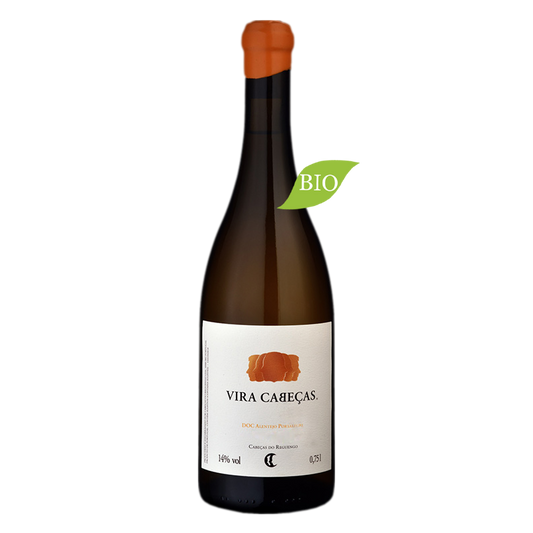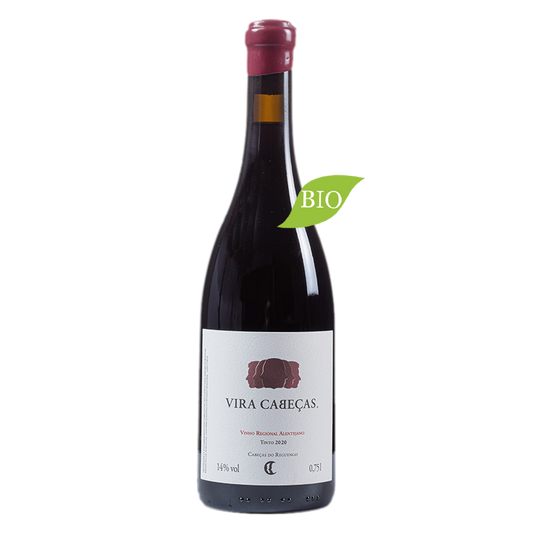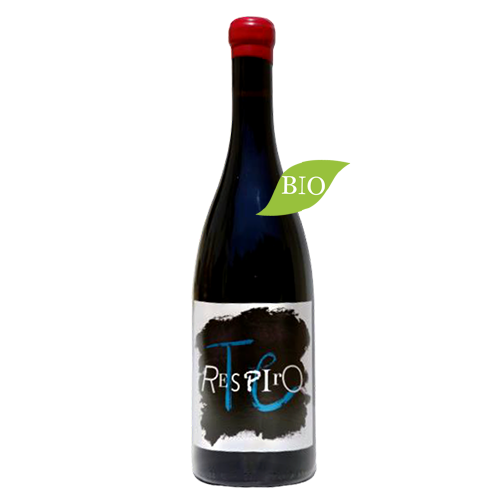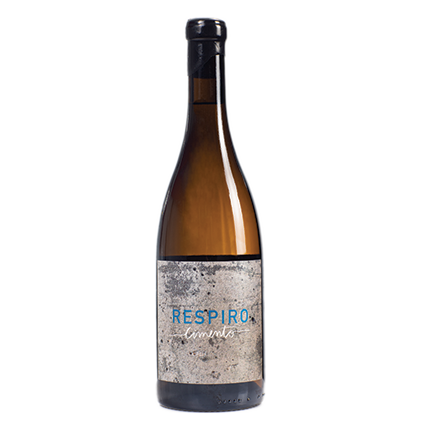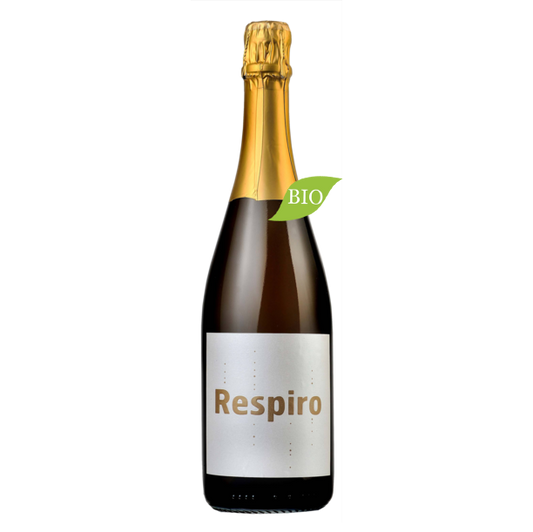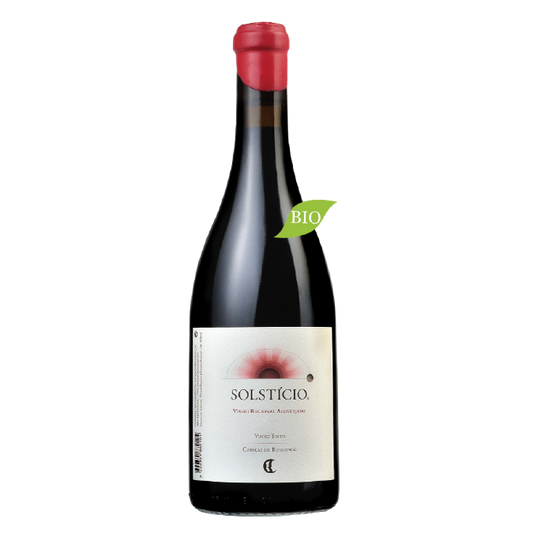In 2009, the journalist and wine critic João Afonso, arrived at the Portalegre region with the intention of collecting old vine stocks and replant them in a different location. Instead, he decided to leave the ancient vine as they were, and bought the land, in order to recreate the old methods and traditional production techniques, emphasized by the absence of chemicals, the characteristic mix of castes and the minimal wine-making processes. There are some of the reasons that makes Cabeças do Reguengo one of the most interesting viticulture laboratory of the Alto Alentejo’s legacy.
It was by following the advice of the enologist and friend, Rui Reguinga, that the ex-dancer, journalist and wine critic João Afonso came to find the Cabeça de Reguengo’s vines, in the outskirts of Portalegre, a privileged terroir of Alentejo. Giving into his passion for the old methods, he kept all the centenary vines that the property harbored, making the vineyard undergo a dispendious procedure of total recovery. Rejecting the usage of chemicals, João Afonso decided to go even further and embraced a philosophy of a biodynamic agriculture, to strengthen the soils and plants, and develop more genuine and intense wines.
The vineyard is accompanied by Olive and fruit trees, herbs and flowers, in which the different castes grow together, in a way that preserves the characteristic biodiversity of the local traditions. Ancestrally these vines were at the service of the seven convents of Portalegre, providing the nectar for the rituals, and was produced in big carvings of clay.
The region’s microclimate adds liveliness to the terroir of Mediterranean nature, where João Afonso works with extreme respect for the individual features of each plant. The result is a mesmerizing portfolio of batch wines, with a wide variety of castes, that aims to reflect the wisdom of the men and nature of a winemaking craft summarized to its essence, that rejects all the aesthetics, aiming to attain the absolute expression of the terroir.
João Afonso calls them “Slow Wines”, putting emphasis on the character rather than uniformity. He divides them by “astral marks”, such as the Respiro, made from grapes of numerous origins, and by “terrestrial marks”, like the Seita red, made from new grapes. A sparkling wine from the Beira is also produced, made of Chardonnay.
This fascinating merging of methods, castes, origins and winemaking processes — the casks, the concrete tanks, the amphora —, provides João Afonso’s wines with a very distinctive diversity and complexity, that mirrors the diversity of Nature itself. The high altitude and the breeze that comes from São Mamede’s mountains give the final touch, conveying all the freshness and good acidity that all wine enthusiasts recognize as a typical trace of these wines.
These are wines that generate surprise and bring back memories and legacies, and that, in the words of their maker “display the classic values” of a way of life that is now, more than ever, so important to recuperate.





